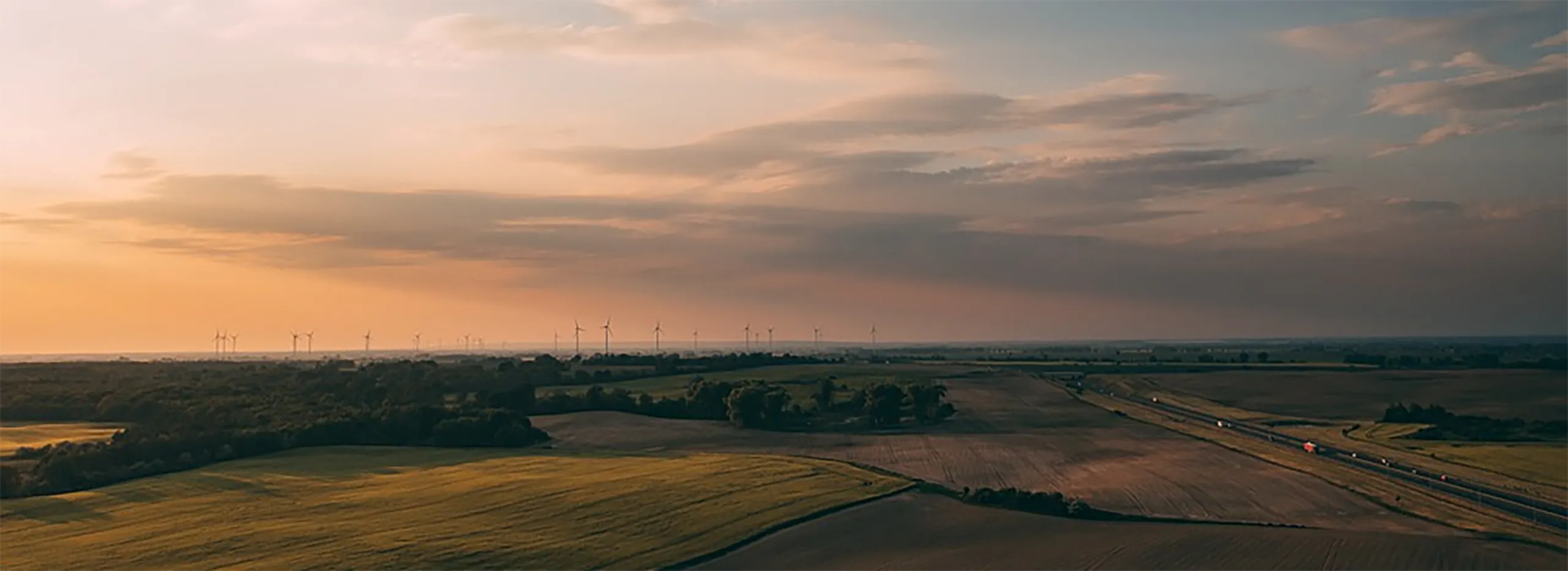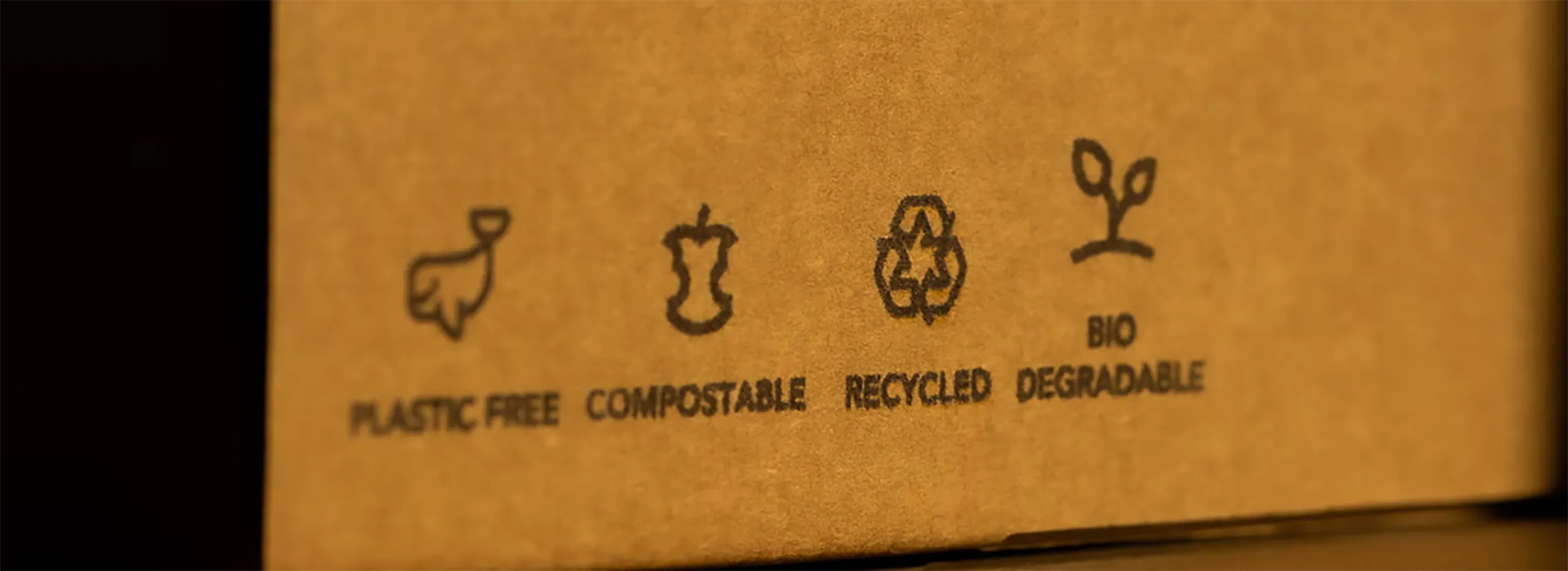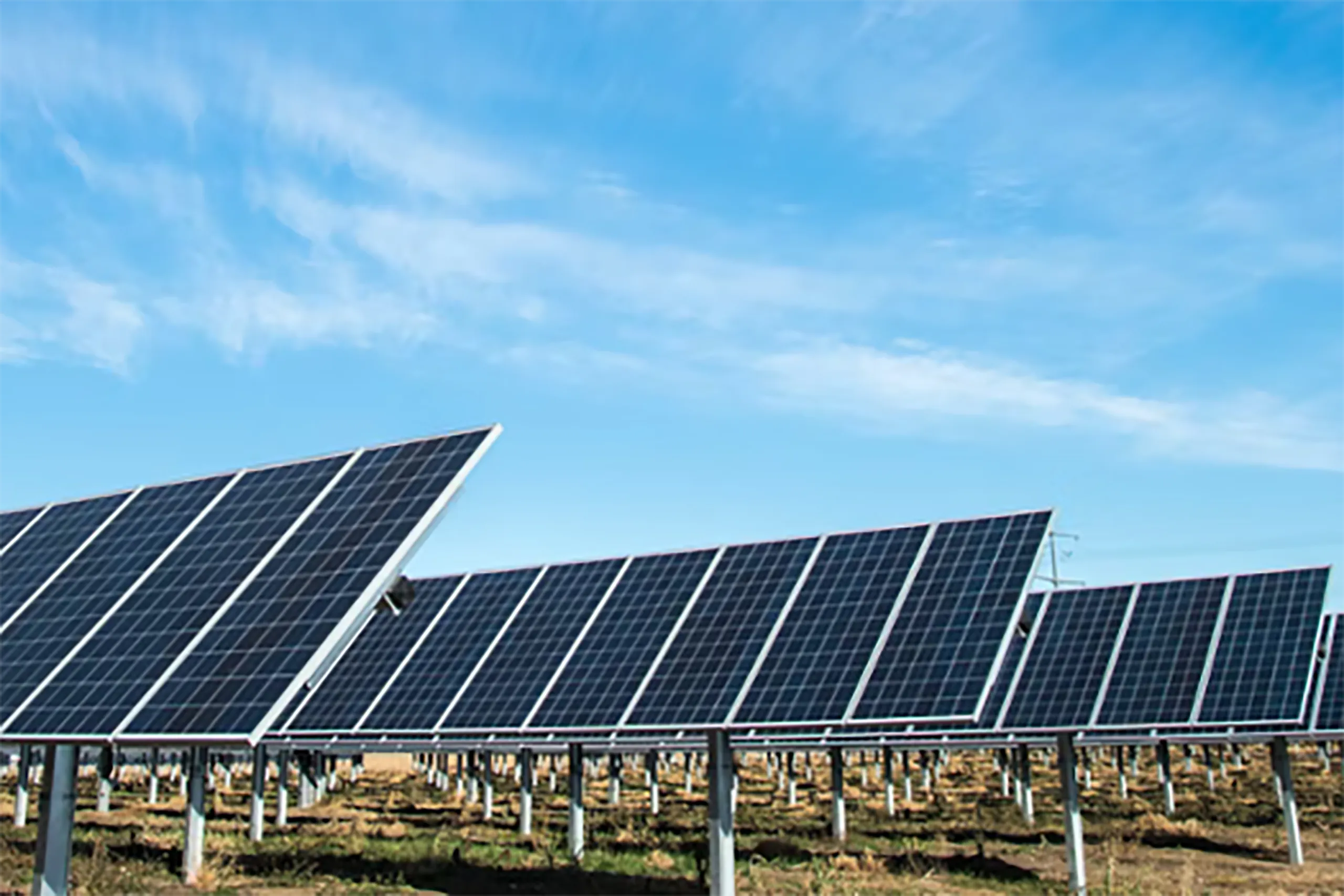We’re sure you’ve heard a lot about sustainability and the circular economy and how important they are for the future of business. But what does it actually mean? In this blog, we’ll talk you through what these terms mean and give you some practical steps for simple actions in your business.
Sustainability
Sustainability looks at how we can meet the needs in the present without having a damaging impact on future generations and their needs. It doesn’t just focus on natural resources either, though those are of course an important part. We also need to consider social and economic resources.
There are three key pillars that we consider when looking at living and working more sustainably: the environment, the economy, and society.
Environmental sustainability
Environmental sustainability occurs when actions maintain ecological integrity. For example, human use of natural resources could be considered sustainable when the resource is able to replenish itself and not become exhausted.
Economic sustainability
Economic sustainability comes when communities are able to remain independent and have full access to everything they need to thrive, including financial security.
Societal sustainability
All members of the community in a sustainable society will have access to universal human rights and all the resources they need to remain healthy and secure.
Circular economy
A circular economy builds on the ideas of sustainability and is based on eliminating waste and continually using resources. It moves away from the linear economy of the past, where we made, used and then disposed of materials.
Instead, a circular economy is based on make, use, and return materials. All products are re-used, repaired or recycled as part of a circle of regeneration. In this way, we can completely eliminate waste.

Steps for your business
There are lots of ways you can increase the sustainability of your business. Take a look at some of our top tips for embracing the circular and transforming your operations.
Review your waste
There are many benefits to reviewing your waste streams. Not only is it a fantastic place to start with becoming more sustainable, you can actually save money and streamline your business operations too.
Agecko are experts in finding sustainable solutions for problematic waste streams. We help our clients achieve zero waste to landfill and work with innovative manufacturers across the UK to re-use and recycle waste into something new.
Use sustainable products
When looking to buy something new, consider how sustainable it is. There are lots of cleaning products and office supplies, for example, that have been designed with sustainability in mind that you can purchase.
Don’t just think about your consumables either. When it comes to furniture for your buildings, consider shopping second hand and upcycling.
Swap disposables wherever possible
If your business uses lots of single use products, ask yourself if they’re necessary. Scrap the single use cutlery in the canteen, replace single-use paper towels in bathrooms, and invest in eco friendly pens.

Look at your packaging
If you’re manufacturing goods, look at your packaging, as it’s often a large source of single use waste. Think about what changes you could make to increase sustainability. Compostable packaging is increasingly popular with consumers and contributes to your commitment to zero waste.
Make energy efficient upgrades
You can reduce your energy bill, shrink your carbon footprint and become more sustainable by looking at your energy consumption. Switch to more energy efficient appliances, use LED lights on automated sensors, and maximise natural light. You might even consider swapping staff desktops for laptops.
How Agecko can help
Agecko focus on problematic waste streams thought to be unrecyclable and find solutions to re-use or recycle this waste. We support the circular economy with the belief that one person’s waste is another person’s gain.
Working with you, we will help optimise your waste streams, saving you time, space and money. Our experts create innovative solutions for traditionally difficult to recycle items. For example, silicone wax paper is a popular material used for advertising and labelling. Typically, this waste is sent to landfill. No longer! Agecko’s in-house waste experts have found a way to re-use this material in product manufacturing.
Want to see how we can transform your waste?
